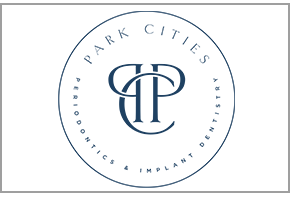Symptoms of Gum Disease
Gum disease can be tricky to self-diagnose because it often does not display easily visible symptoms. In many cases, you won’t know there’s a problem with your gums until you see your periodontist. However, some symptoms to keep in mind include:
- Bleeding when you brush or floss
- Red or shiny-looking gum tissue
- Swelling
- Bad breath or a bad taste in the mouth
If you experience any of these symptoms, let your dentist know. The earlier your gum disease is diagnosed, the easier it is to treat. If your gums haven’t progressed past gingivitis, treatment is relatively simple. When the infection progresses further, more extensive and more invasive treatment is necessary.
Treatment for Gum Disease
Gum disease, particularly the more serious forms, is treated by a periodontist—a dentist who specializes in treating the gums. If you have gingivitis or mild gum issues, our doctor might recommend a special toothpaste or mouthwash to kill excess bacteria in your mouth and reduce the inflammation.
As gum disease becomes more serious, it requires more complex treatment. Treatment for gum disease can include:
- Antibiotics
- Antiseptic mouthwash
- Planing and scaling (a form of deep cleaning)
- Gum surgery
- Gum grafting
It’s very important to receive proper treatment for gum disease. If left untreated, it can lead to tooth loss. In fact, gum disease is the most common cause for lost teeth. As gums become more and more inflamed and infected, they pull away from the tooth roots until the teeth are left with no support and become very loose, eventually falling out. Regular brushing and flossing, dental visits, and prompt care when any problems develop will help you avoid this form of tooth loss.
Our periodontist can treat your gum issues, so contact us at Park Cities Perio today to make an appointment!
